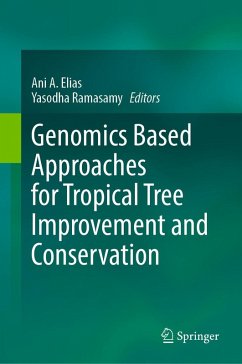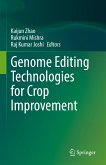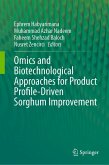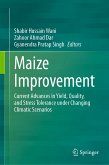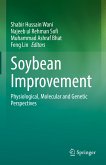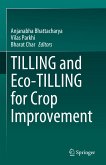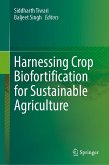The primary goal of statistical methodologies using whole-genome information is to predict promising candidates for breeding advancement/commercialization while efficiently managing resources such as land, labor, and, most critically, time. Given the long rotation period of forest tree crops, the ability to identify, select, and modify genotypes with high heritability for economically valuable traits within a shorter timeframe marks a significant advancement in breeding. This book provides comprehensive guidelines on leveraging genomic data, including pathogenomics, to breed resilient, future-ready trees and manage populations effectively. To reinforce these guidelines, the book presents case studies on species such as Tectona grandis, Santalum album, Casuarina, Shorea, Artocarpus, tropical and sub-tropical pines, and tropical fruit trees. Additionally, the book explores broader applications of genetic data, including timber tracing and the conservation of germplasm while minimizing genetic redundancy.
This book will be a valuable resource for tropical tree breeders and researchers, equipping them with the methods and tools needed to adopt advanced genomic breeding. Additionally, students and scholars will benefit from the comprehensive information it provides, enhancing their understanding of modern breeding techniques.
Dieser Download kann aus rechtlichen Gründen nur mit Rechnungsadresse in A, B, BG, CY, CZ, D, DK, EW, E, FIN, F, GR, HR, H, IRL, I, LT, L, LR, M, NL, PL, P, R, S, SLO, SK ausgeliefert werden.

